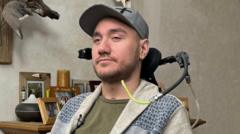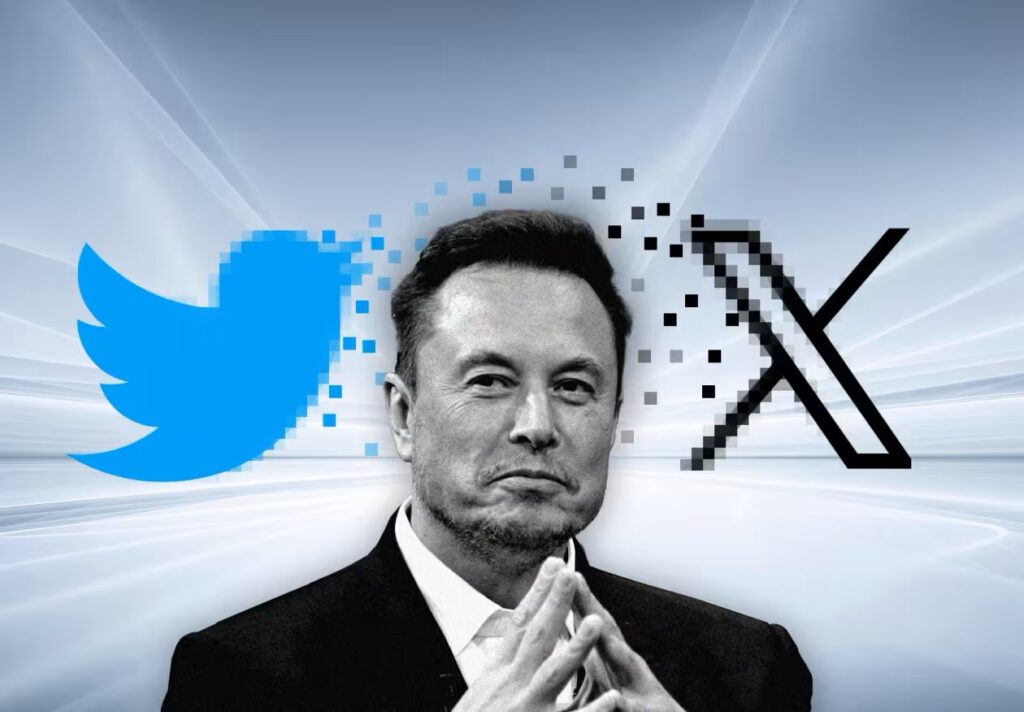Noland Arbaugh, 30, made headlines as the first person to receive a mind-reading chip from Elon Musk's Neuralink. After being paralyzed from the shoulders down in a 2016 diving accident, he underwent surgery in January 2024, marking a monumental moment in neurotechnology. The chip allows him to control a computer using just his thoughts, revolutionizing his independence and enabling him to play video games again.
While the benefits are substantial, there are concerns about privacy and the risks of such an invasive technology. Experts warn that accessing brain activity could breach personal privacy on an unprecedented level. Despite this, Noland is focused on the potential applications of the technology, hoping to eventually control his wheelchair or even a robot.
Alongside competitors like Synchron, which offers a less invasive brain interface solution, these advancements highlight a rapidly evolving field. For Noland, participating in this innovative study could open new doors to understanding the human brain, demonstrating how technology can reshape lives despite potential challenges ahead.
















